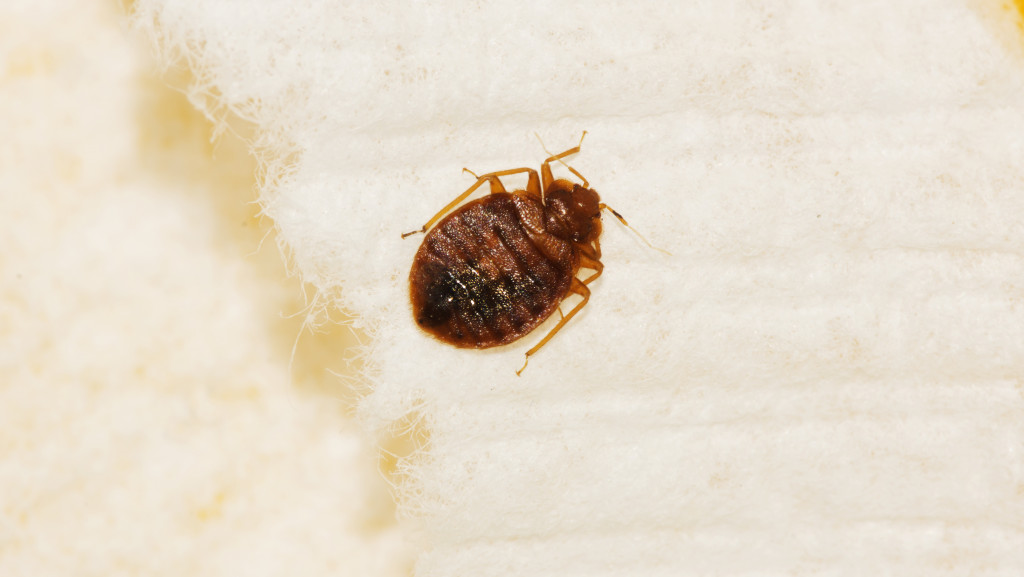Your home may be the cleanest of all, but it’s not an assurance for not getting bedbugs. Take note that these tiny villains travel, and once they arrive at your house, they immediately go for blood, sweat, and carbon dioxide from both people and animals. This is how they stay forever. But good thing, you have many effective solutions to choose from—DIY, home remedies, or pesticides.
Home Items That Actually Work
Getting rid of bed bugs shouldn’t have to be so expensive. Here are some items you may already have at home that you can use as bed bug killers:
Baking soda: Like most American households, you may already have one box of this on your cupboards. Sprinkle the baking soda around your bed or carpet, leave it for days, then do some vacuuming.
Mothballs: Almost every homeowner has mothballs ready at home. If you also have, toss some on the floor of your bedroom.
Borax: Try using this non-regular detergent for laundry.
Hydrogen peroxide: This is almost the same as bleach but safer. Just make sure you don’t spray hydrogen peroxide on areas that may discolor as it works like bleach nevertheless.
Spices: You may use either cinnamon or cayenne. Make a bedbug-killer recipe by mixing ground ginger, cayenne powder, a tablespoon of oregano oil, and water. Put it in a spray bottle and sprinkle spices around the home.
Saltwater: If you look for a much safer option, then you can opt for saltwater. But you just have to do the sprinkling more often for it to work.
Lemongrass oil: This is usually one of the main ingredients for most natural insect repellants, so you can always rely on lemongrass oil to keep those bed bugs away.
Lavender: Do you like to keep lavender oil’s scent running around your home? That’s good. Spraying lavender oil mixed with water or rubbing alcohol can greatly help remove the bed bugs while letting you enjoy and relax at the scent.
Tea tree oil: When the bed bug infestation hasn’t grown that much yet, mix tea tree oil with water and put the mixture in a spray bottle. It will disinfect your home.
Diatomaceous earth: Also called DE, these siliceous rocks can be made into powder, which in turn can effectively harden the bed bugs’ outer shells. Make sure they’re not food grade.
Rubbing alcohol: Everyone can’t do without alcohol during this pandemic, so you’re most likely to have one at home. Just rub it in the high-traffic areas of your home, but with caution, because, as you know, rubbing alcohol can increase flammability.
Vinegar: Whoever doesn’t have some in the kitchen? Vinegar can be very effective in eliminating adult bed bugs, although not their eggs.
Thyme: You can either use thyme oil or burnt thyme. Some find burning a bundle of thyme more effective than oil.

Lifestyle Changes You Can Make
You can also benefit from changing your day-to-day habits or routine. Here are some you can employ:
Open your curtains every day. Bed bugs hate being exposed to light and extreme heat. But if you want to take it to the extreme, dry your mattresses or other furniture outside directly under the heat of the sun. Those bed bugs will not survive it. Once you rid your home of bed bugs, you can look for mattress deals and buy new ones with mattress protectors.
Regularly vacuum your floors. Those tiny villains love to stay on carpet fibers. To make sure, run through the box springs and mattresses, too.
When you travel, store your clothing in sealed bags. You never know you might be carrying some from certain places.
Just check all the time. Inspect the suitcase and clothing, furniture, and high-traffic areas of your home.
Pesticides May Be Your Option
There are seven different categories of chemicals used to kill bed bugs, as per the US Environmental Protection Agency.
Pyrethrins and pyrethroids: Pyrethrins are botanical insecticides extracted from chrysanthemum flowers, while pyrethroids are chemicals that act like pyrethrins.
Biochemicals: The only registered biochemical pesticide is cold-pressed neem oil, which is derived from a tropical evergreen tree in Africa and Southeast Asia.
Neonicotinoids: If the bed bugs at your home have become resistant to most pesticides, neonicotinoids are your best option.
Desiccants: These destroy the outer shells of bed bugs, making them slowly dehydrate then die.
Pyrroles: For now, Chlorfenapyr is the only registered pyrrole chemical.
Insect growth regulators: These imitate insects’ growth hormones, effectively changing the way they develop into adulthood.
Natural or commercial remedy, you know the drill—don’t let the bed bugs bite! Keep them under control once you notice they’re at your home rent-free.

